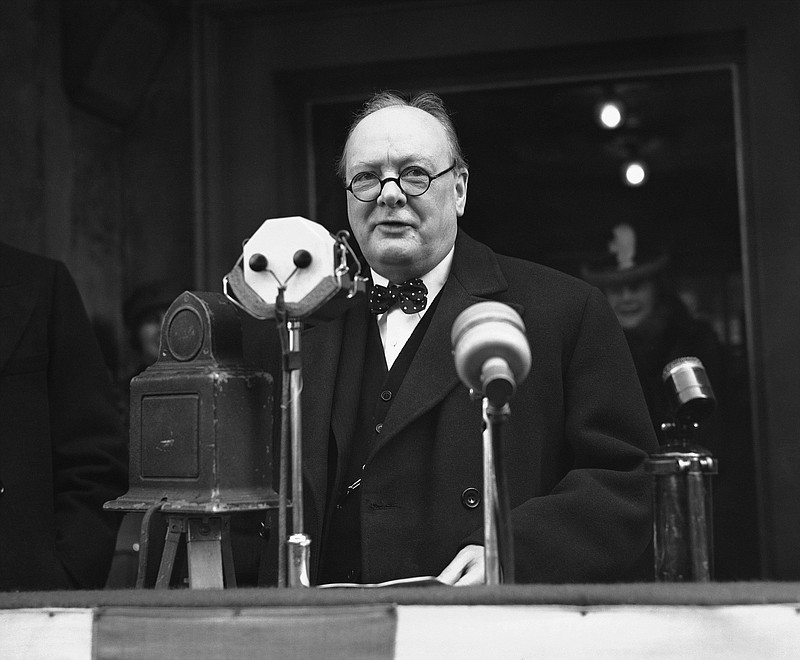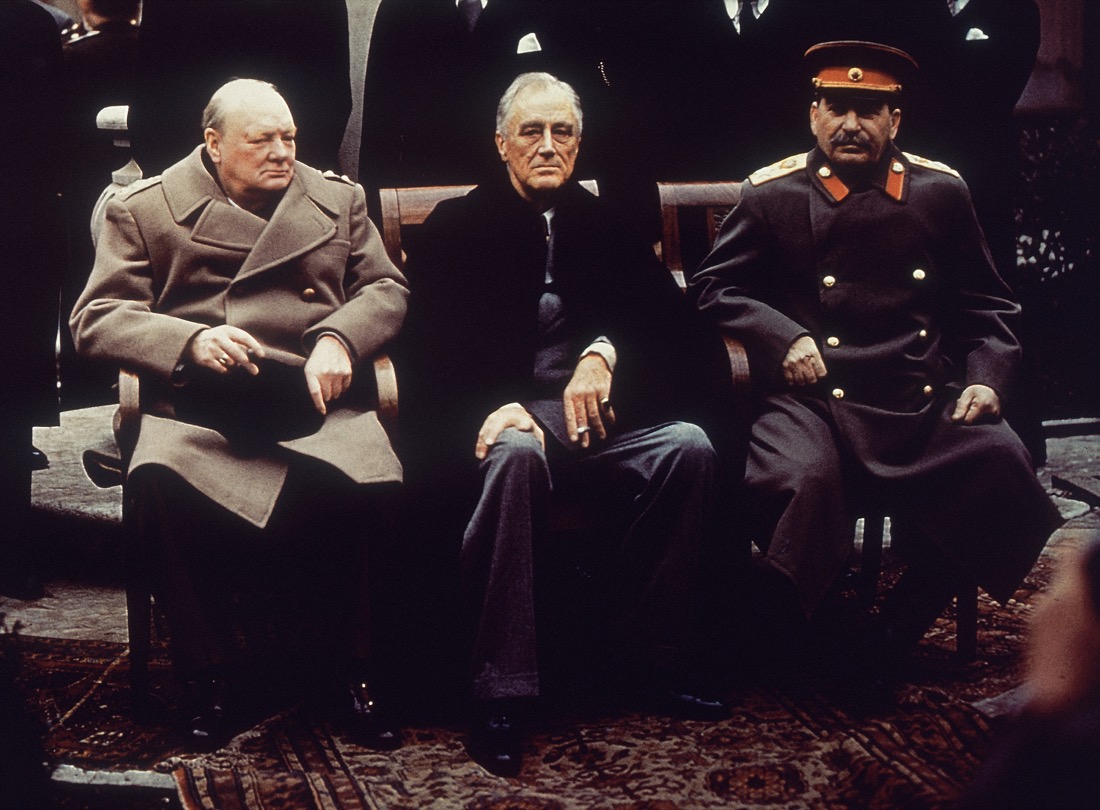The future of Great Britain and Western democratic tradition hung in the balance in late September 1940 as Parliament debated next steps in the war with Germany.
On May 10, Winston Churchill became prime minister, succeeding Neville Chamberlain, who had resigned after losing support of his majority Conservative Party in Parliament. Lord Halifax, the foreign secretary, declined the premiership before it was offered to Churchill, who accepted without hesitation. Churchill had been appointed First Lord of the Admiralty and a member of the War Cabinet upon Great Britain's declaration of war against Germany in September 1939.
Churchill presided over a five-member War Cabinet, which included Conservatives Chamberlain and Lord Halifax and Labor members Clement Atlee and Arthur Greenwood. Chiefs of military services often met with the War Cabinet. In this small council, conflicts over how the war would be waged could be hashed out before a unified plan was submitted to the larger Cabinet and from there to the full Parliament.
The outlook was bleak. Denmark and Norway had fallen to Hitler's forces in April. On the morning of May 10, Germany invaded and quickly subdued The Netherlands, Belgium and Luxembourg. German forces rapidly advanced across France and would reach the English Channel by May 22. France's ability to continue fighting was uncertain. Half a million members of the British Expeditionary Force and French army were trapped at Dunkirk with unclear prospects for rescue.
Neither the U.S. nor Soviet Russia were engaged in the war at that time. Public opinion in the U.S. was split between intervention and isolation. Russia had signed a non-aggression treaty with Germany in 1939.
The British public and media were largely unaware of the perils facing their country. Surveys indicated that civilian morale remained high despite rising uncertainty.
A sense of inevitable defeat prevailed among some members of Parliament including Lord Halifax. With the aid of the Italian ambassador to Great Britain, he attempted to open a back-channel to determine if a peace treaty with Germany could be negotiated. American Ambassador Joseph Kennedy openly expressed his opinion that the nation stood little chance against Hitler's forces.
Churchill rejected any alternative to all-out war. He predicted that a neutral Great Britain would soon be a slave state. Through multiple meetings of the War Cabinet and individual meetings with its members, he built a consensus for remaining in the war. On one occasion, he used a private walk in a garden to work out sharp differences with Lord Halifax.
On May 19, Churchill delivered his first address to the nation as prime minister. He described the challenge: "Behind us, behind the armies and fleets of Britain, gather a group of shattered races ... upon all of whom the long night of barbarism will descend, unbroken even by a star of hope, unless we conquer, as conquer we must, as conquer we shall." He called for sacrifice and for bravery on the part of everyone.
While tense discussions continued in the War Cabinet, evacuation of the troops from Dunkirk began on May 26. By the time the evacuation ended on June 4, almost 200,000 British and 140,000 French soldiers had been evacuated.
By May 28, Churchill had united the War Cabinet and Parliament and inspired the public to face the challenges that lay ahead. Great Britain was prepared to face Germany alone.
Had Great Britain abandoned the war, how would Hitler have ultimately treated the nation? Absent British participation in the war, would the U.S. have eventually been drawn into opposition to Hitler's domination of Europe? Would Germany have broken its pact with Russia and invaded that country? Would Germany and Japan have divided the globe into spheres of influence?
Historian John Lukacs presents a concise, compelling account of this period in "Five Days in London May 1940." His narrative serves as a manual for leadership when threats seem overwhelming. Timing, patient negotiations, building consensus across political divisions, and carefully articulated, unifying addresses to the public are critical components for focusing a nation's energies to overcome the direst of challenges.
Contact Clif Cleaveland at ccleaveland@timesfreepress.com.

